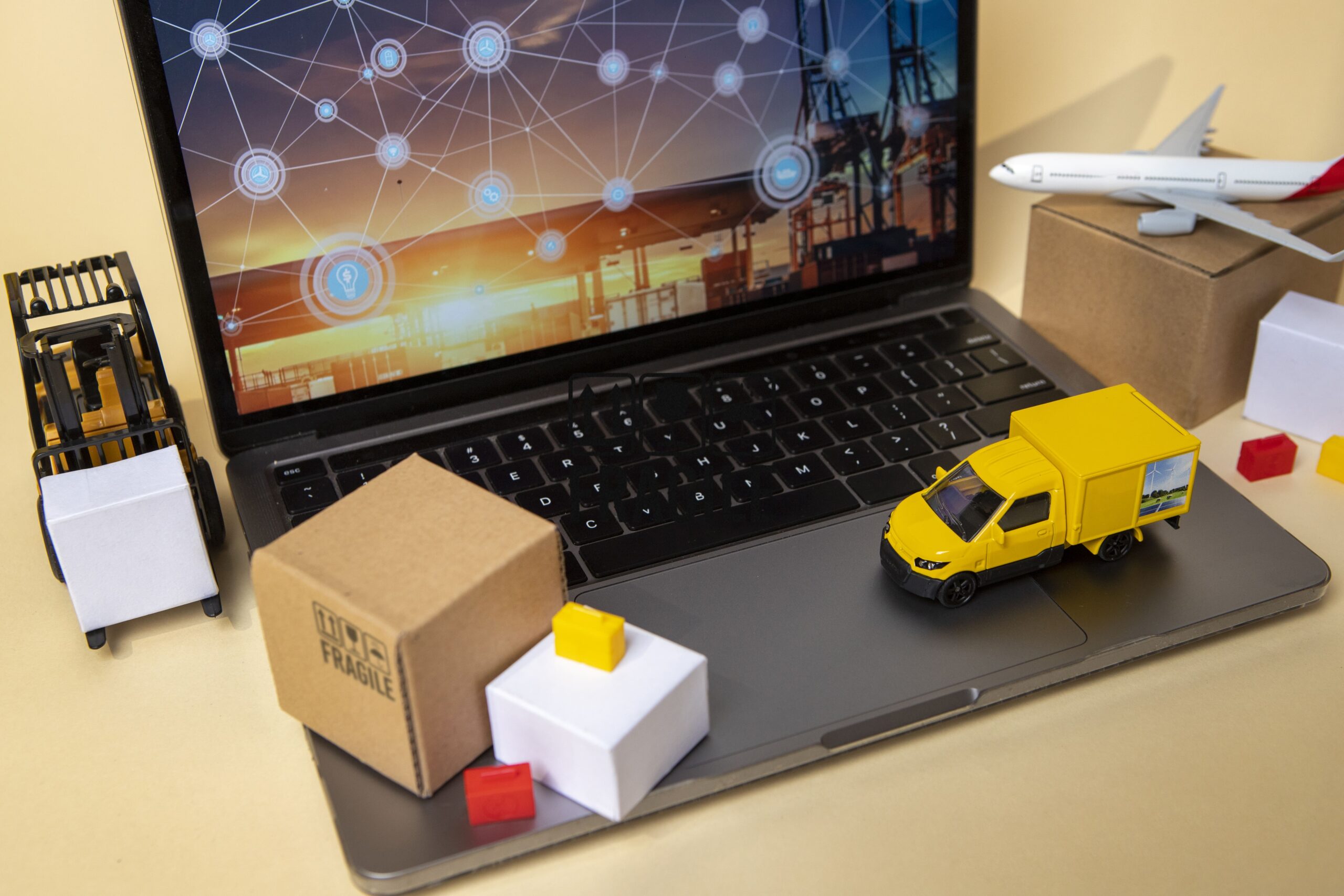Introduction
Dubai has emerged as a global hub for trade and transportation due to its strategic location, world-class infrastructure, and business-friendly policies. The freight forwarding and logistics industry is a vital part of Dubai’s economy, with the Dubai International Airport and Jebel Ali Port being major gateways for the region’s trade with the world. The industry has witnessed significant changes in recent years due to the advent of new technologies and innovations. In this blog, we will explore the emerging technologies that are reshaping the future of freight forwarding and logistics in Dubai.
Emerging Technologies in Freight Forwarding and Logistics
The integration of emerging technologies in logistics is changing the way goods are transported, tracked, and delivered. These technologies are making the logistics industry more efficient, transparent, and cost-effective. Some of the key technologies that are disrupting the industry include digitalization and automation, drones, autonomous vehicles, blockchain, artificial intelligence and machine learning, sustainability and green logistics, augmented reality, last mile delivery solutions, and predictive analytics.
Digitalization and Automation in Logistics
Digitalization and automation have brought a new level of efficiency and cost savings to the logistics industry. Automated systems such as warehouse management systems, transportation management systems, and electronic data interchange are being used to streamline processes, reduce errors, and improve supply chain visibility. Digitalization has also enabled logistics providers to communicate more effectively with their customers, providing real-time tracking and visibility of goods in transit. Automation has allowed logistics providers to reduce labor costs and improve the speed and accuracy of their operations.
Drones and Autonomous Vehicles in Logistics
Drones and autonomous vehicles are transforming the logistics industry by reducing transportation costs, increasing delivery speed, and improving safety. The use of drones and autonomous vehicles for last mile delivery is becoming more prevalent, especially in urban areas. The Dubai government has already started testing drones and autonomous vehicles for deliveries and transportation of goods. The use of drones and autonomous vehicles for transportation of goods between warehouses and ports can significantly reduce transportation costs and improve efficiency.
Blockchain in Freight Forwarding
Blockchain is being used in the logistics industry to improve transparency, security, and efficiency in supply chain management. The technology provides a tamper-proof ledger for tracking goods, reducing the risk of fraud and theft. Blockchain can be used to store and share data related to the origin, movement, and ownership of goods, enabling logistics providers to track goods from the point of origin to the point of delivery. Dubai has already established a blockchain-powered logistics platform called “Dubai Trade,” which enables businesses to track the movement of goods and customs clearance.
Artificial Intelligence and Machine Learning in Logistics
Artificial intelligence and machine learning are being used to optimize logistics operations and improve supply chain visibility. These technologies are being used to analyze data and provide insights into supply chain performance, allowing logistics providers to make data-driven decisions. AI and machine learning can be used to forecast demand, optimize inventory levels, and improve route planning, reducing transportation costs and improving delivery times.
Sustainability and Green Logistics
Sustainability and green logistics are becoming increasingly important in the logistics industry. The use of electric vehicles, renewable energy, and sustainable packaging is being adopted by logistics providers to reduce their carbon footprint and improve their environmental impact. Dubai has already taken several initiatives to promote green logistics, such as the Dubai Carbon Abatement Strategy, which aims to reduce carbon emissions from the transportation sector by 16% by 2021.
Augmented Reality in Warehousing and Transportation
Augmented reality is being used in the logistics industry to improve accuracy and efficiency in warehousing and transportation. AR technology can be used to guide warehouse workers in picking and packing operations, and to provide real-time tracking and visibility of goods in transit. In transportation, AR can be used to provide drivers with real-time traffic and weather updates and to help them navigate unfamiliar routes. Augmented reality can also be used to provide customers with a better understanding of the products they are receiving, enhancing the overall customer experience.
Last Mile Delivery Solutions
The last mile delivery is the final stage of the supply chain, and it can be the most challenging and costly part of the logistics process. Last mile delivery solutions are being developed to improve the speed and efficiency of the delivery process. These solutions include crowd-sourced delivery, locker solutions, and autonomous vehicles. In Dubai, the government is exploring the use of autonomous vehicles for last mile delivery, which could significantly reduce delivery times and costs.
Predictive Analytics in Supply Chain Management
Predictive analytics is being used in the logistics industry to forecast demand, optimize inventory levels, and improve supply chain visibility. These technologies are being used to analyze large amounts of data to identify patterns and make predictions about future demand. Predictive analytics can help logistics providers to optimize their operations and reduce costs by anticipating demand and ensuring that inventory levels are optimized.
Changing Role of Freight Forwarders
The emergence of new technologies is changing the role of freight forwarders in the logistics industry. Freight forwarders are no longer just responsible for transporting goods from one point to another; they are now expected to provide end-to-end supply chain solutions. The role of freight forwarders is evolving to include the use of emerging technologies to optimize logistics operations and improve supply chain visibility.
Conclusion
The future of freight forwarding and logistics in Dubai is exciting, with new technologies and innovations reshaping the industry. Digitalization, automation, drones, autonomous vehicles, blockchain, AI, sustainability, AR, last mile delivery solutions, and predictive analytics are all playing a significant role in transforming the logistics industry. The adoption of these technologies is not only improving efficiency and reducing costs but also enhancing the overall customer experience. As the logistics industry continues to evolve, freight forwarders will need to adapt to these changes and adopt new technologies to remain competitive in the market.


